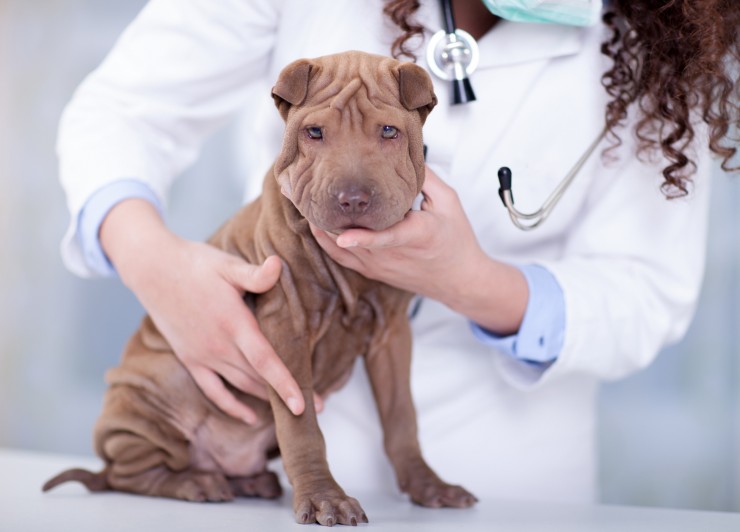
Every pet owner hopes that their pet lives a long healthy and enjoyable life. Unfortunately, there are times, when that something unexpected happens that require professional emergency veterinary services. The great thing about emergency vet hospitals is that they are open 24 hours, 7 days a week. No matter what the occasion is, whether it’s the middle of the night or your regular vet is on vacation, the urgent care centers are always open. ER veterinarians are much like regular vets, but are trained in handling emergency and specialty cases for pet injuries and illnesses. For example, a veterinary hospital would provide their services to a dog that has swallowed a foreign object like a plastic toys or a cat that has just been hit by a car. Specialty emergency veterinarians are constantly working on unique cases, ordering medicine, updating owners about their patient’s condition and treating emergency cases as they come into the hospital. Animal hospitals have the same advanced equipment used in human hospitals, so they can get immediate results. Lasers are now used routinely instead of scalpels during some surgeries. Endoscopes (tubes with tiny cameras on the end) are used to see inside an animal’s digestive or respiratory tract or to retrieve foreign objects such as pennies or bottle caps from an animal’s stomach. It’s common for them to perform X-rays, MRIs and CAT scans and blood tests. Radiographs (X-rays) are taken to look at the patient’s bones to see if there are any fractures. Magnetic resonance imaging (Machines and Computed Tomography, CT or CAT) scans may be used to photograph the animal’s internal organs. Blood tests are performed to monitor infection and illnesses. These tests will quickly help them determine what’s wrong with the animal.
Similar to human medical doctors, veterinary medicine includes many different types of specialties. For example, there are veterinary cardiologists that treat heart-related illnesses and perform heart surgery; veterinary oncologists that treat all types of cancer in animals; veterinary anesthesiologists administer medications that relieve pain and keep the animal sedated during surgical procedures. Veterinary neurologists treat nervous disorders and perform brain and spinal surgeries. Veterinary ophthalmologists treat eye disorders. Veterinary orthopedic surgeons repair bone and joint injuries, and veterinary soft-tissue surgeons perform surgeries for digestive, respiratory, or other non-orthopedic problems. Most veterinarians recommend researching an emergency oriented vet in advanced, in case something unfortunate would happen to the family animal. Unlike human hospitals, the pet owner will have to drive to the emergency facility.
 Keeping An Octopus As An Aquarium Pet
Keeping An Octopu
Keeping An Octopus As An Aquarium Pet
Keeping An Octopu
 Four Tips On Canine Care That Your Veterinary Nurse Wants To Tell You
Four Tips On Cani
Four Tips On Canine Care That Your Veterinary Nurse Wants To Tell You
Four Tips On Cani
 Carried Into Battle - The History Of Horses And War
Carried Into Batt
Carried Into Battle - The History Of Horses And War
Carried Into Batt
 Crufts - The Kennel Clubs Elite Dog Show
Crufts - The Kenn
Crufts - The Kennel Clubs Elite Dog Show
Crufts - The Kenn
 Is The Papillon A Good Choice Of Dog?
Is The Papillon A
Is The Papillon A Good Choice Of Dog?
Is The Papillon A
Copyright © 2005-2016 Pet Information All Rights Reserved
Contact us: www162date@outlook.com